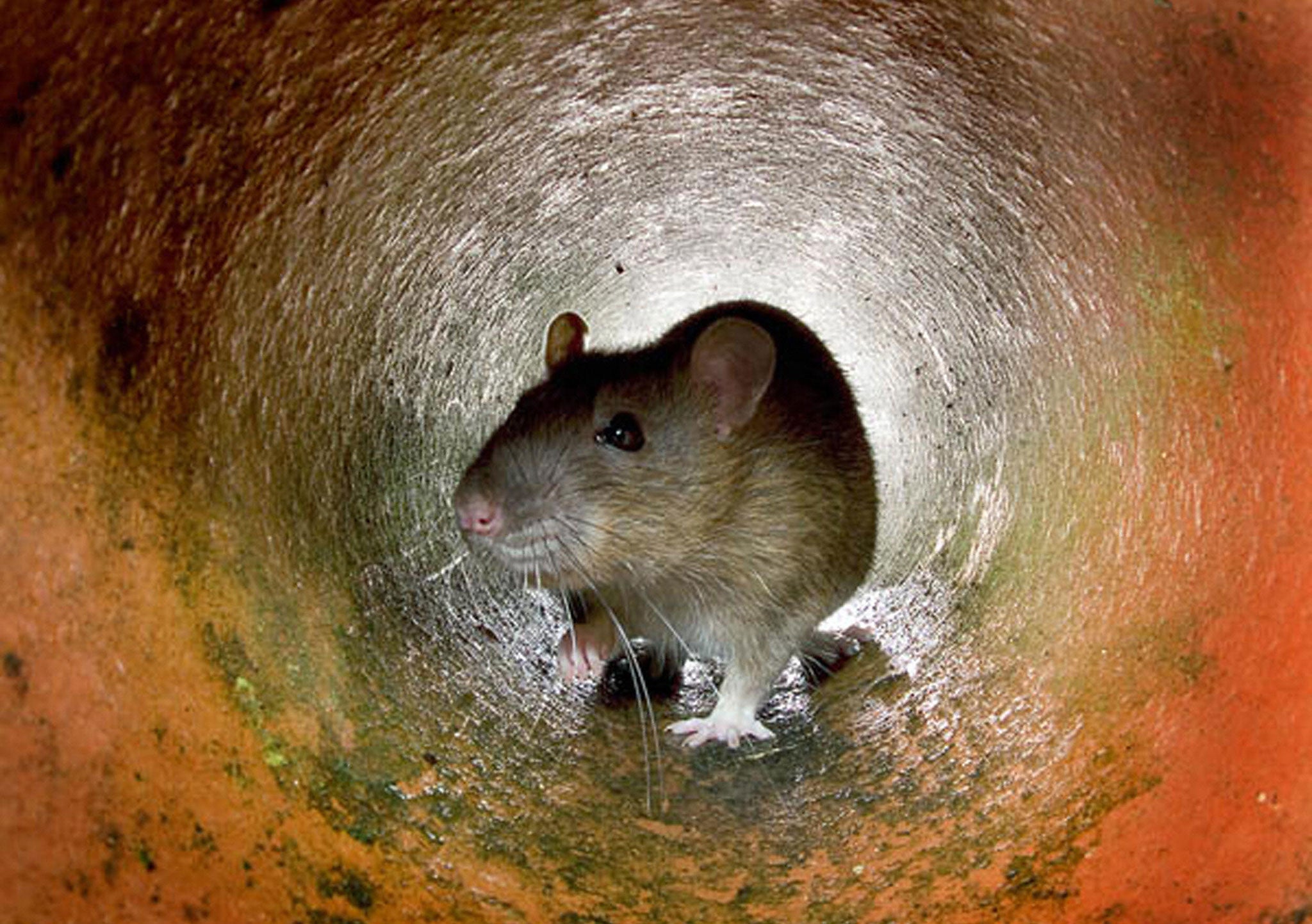The Twyning, By Terence Blacker
The much-maligned rat emerges as an intelligent and sensitive creature in this exciting novel

Your support helps us to tell the story
From reproductive rights to climate change to Big Tech, The Independent is on the ground when the story is developing. Whether it's investigating the financials of Elon Musk's pro-Trump PAC or producing our latest documentary, 'The A Word', which shines a light on the American women fighting for reproductive rights, we know how important it is to parse out the facts from the messaging.
At such a critical moment in US history, we need reporters on the ground. Your donation allows us to keep sending journalists to speak to both sides of the story.
The Independent is trusted by Americans across the entire political spectrum. And unlike many other quality news outlets, we choose not to lock Americans out of our reporting and analysis with paywalls. We believe quality journalism should be available to everyone, paid for by those who can afford it.
Your support makes all the difference.With the exception of various pet whites, rats normally come off badly in children's and adult fiction. Depicted as perpetually squeaking, although they usually remain silent, and scarily aggressive while in reality they are shy animals who avoid contact, their characterisation has for some time been badly in need of a PR make-over. Step forward Terence Blacker, who in this novel aims to do for rats what Richard Adams's Watership Down achieved for rabbits.
Blacker's intelligent and sensitive rodent hero Efren possesses both speech and feelings. In contrast, his cruel and ignorant human antagonists come over as the truly brutish ones, particularly when revelling in the formerly popular sport of ratting. This involves lowering dogs into rodent-filled pits and timing them for how quickly they make their kills, with the last public competition taking place in Leicester in 1912.
The Twyning is set some time before that. It features two abandoned children, "Dogboy" Peter and Catherine, known as Caz. After finding each other, they befriend two equally needy rats. Communication between all four eventually takes place and many adventures follow before they are finally re-united, while their human enemies withdraw after a botched attempt to eradicate every last rodent in the area.
The rats live under a Maoist-style dictatorship which Efren eventually challenges at huge risk to himself. Peter and Caz face hunger, demeaning working conditions and kidnap into the white-slave trade. Their only human ally is a bemused senior rat-catcher.
Yet once all the main characters are securely in place the limitations of this bravely ambitious story begin to kick in. With so much negativity about both above and below ground, there is a risk of over-egging an already pretty nauseous fictional omelette where no detail, however foetid, is spared. While Watership Down has resourceful male rabbit heroes out in the fresh air after leaving burrows kept clean by ever-submissive does, this novel gravitates towards squalor and vulnerability. No protagonist is quite strong enough to help maintain readers' expectations at a reasonably sanguine level.
But there is still the immemorial appeal of four unlikely outsiders overcoming the odds, with last-minute escapes and near-fatal encounters deftly handled. Blacker also does more than tell an exciting story for all ages. He shows how it is only when characters want nothing for themselves but everything for their communities that they become capable of lancing political corruption. Faced by demands that he become the new rat king, the victorious Efren is happy to cede the post to his bravest warrior.
The future of Peter and Caz is less certain, but we leave them happily adopted by a pub landlady, the only other decent person they ever come across. She closes down her establishment's rat pit for good, so leaving everyone – human and rodent – in a satisfyingly better place than before. And who could wish for anything fairer than that?
Join our commenting forum
Join thought-provoking conversations, follow other Independent readers and see their replies
Comments